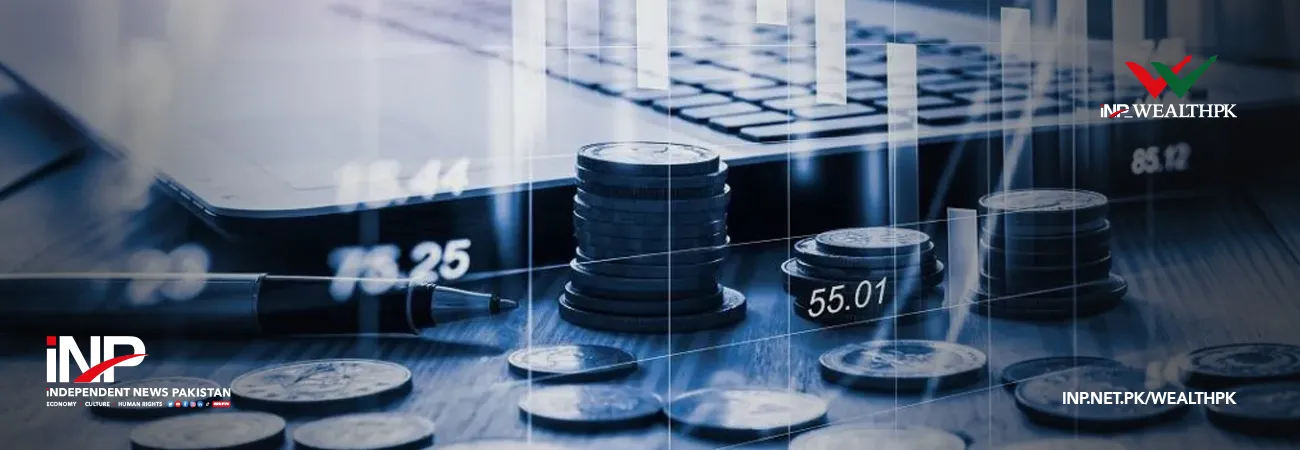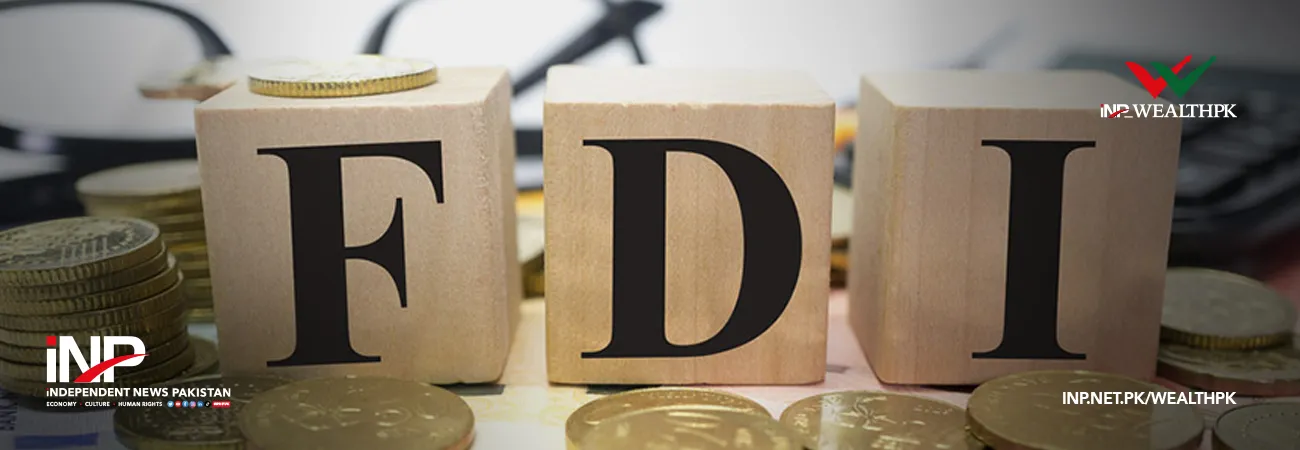INP-WealthPk
Moaaz Manzoor
Experts anticipate policy rate cut amid decline in inflation, which is expected to boost medium-term economic growth by encouraging investment and corporate expansion while keeping inflationary pressures within a manageable range.

Tahir Abbas, Head of Research at Arif Habib Limited, echoed this optimism, emphasising the market's positive momentum driven by the anticipation of a rate cut at the upcoming Monetary Policy Committee (MPC) meeting. "We expect the central bank to implement a fifth consecutive policy rate cut, likely in the range of 150-200 basis points, on December 16, 2024," he stated. Speaking to WealthPK, he explained that this move would further reduce the rate of return on Treasury bills.
Abbas also pointed out the competitive disparity, with interest rates in developed countries like the US currently standing at 5.25-5.50%. “The previously higher interest rates in Pakistan had attracted foreign investors seeking higher returns, but the cuts could alter this dynamic by lowering the attractiveness of local financial instruments.” “The likely reduction in the policy rate reflects a strategic balancing act aimed at revitalising growth without undermining price stability,” he said. Analysts suggest that while inflation may inch upward, it is expected to remain within a manageable range, enabling policymakers to focus on medium-term growth.
Additionally, the anticipated increase in stock market activity could unlock growth potential for companies and further stimulate economic dynamism. The policy rate cut presents a calculated risk to spur growth in the medium term. While inflationary pressures may increase modestly, the broader economic benefits, including enhanced investment in equities and corporate growth potential, appear to outweigh the downside. This strategic move signals a forward-looking monetary policy that aligns with the dual objectives of sustaining growth and maintaining economic stability.
Speaking with WealthPK, Syed Ali Ehsan, Deputy Executive Director at Policy Research Institute of Market Economy (PRIME), elaborated on the nuanced relationship between inflation and growth. He explained that while inflation and growth typically exhibit an inverse relationship, a policy rate cut could gradually increase inflation. “However, the rise would not be disproportionately high due to the composition of the price index, which is derived from a selective basket of goods.”
Ehsan noted, "The effect of a rate cut on inflation is sticky; the rise takes time. As such, the implications for growth are not immediate but more medium-term." He further highlighted the likely impact on the stock exchange, stating that reduced rates would redirect capital from fixed-income assets to equities, sparking a mutual fund rally. “This would bolster companies’ growth capacity of, which could drive economic expansion in the future.”
Credit: INP-WealthPk










